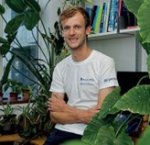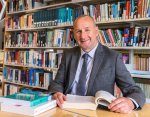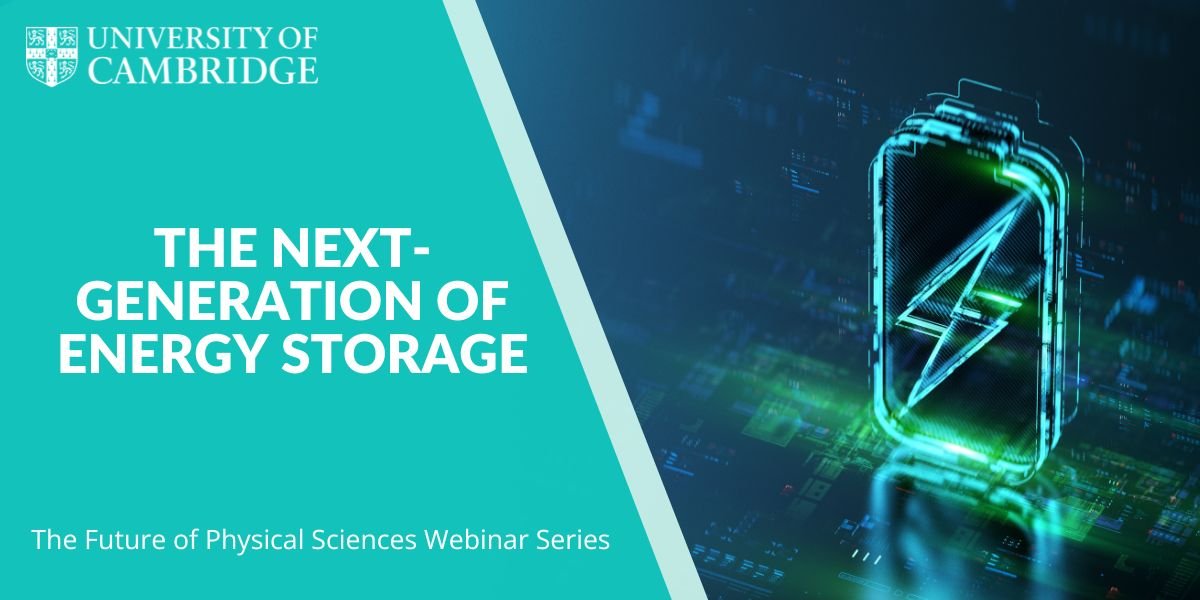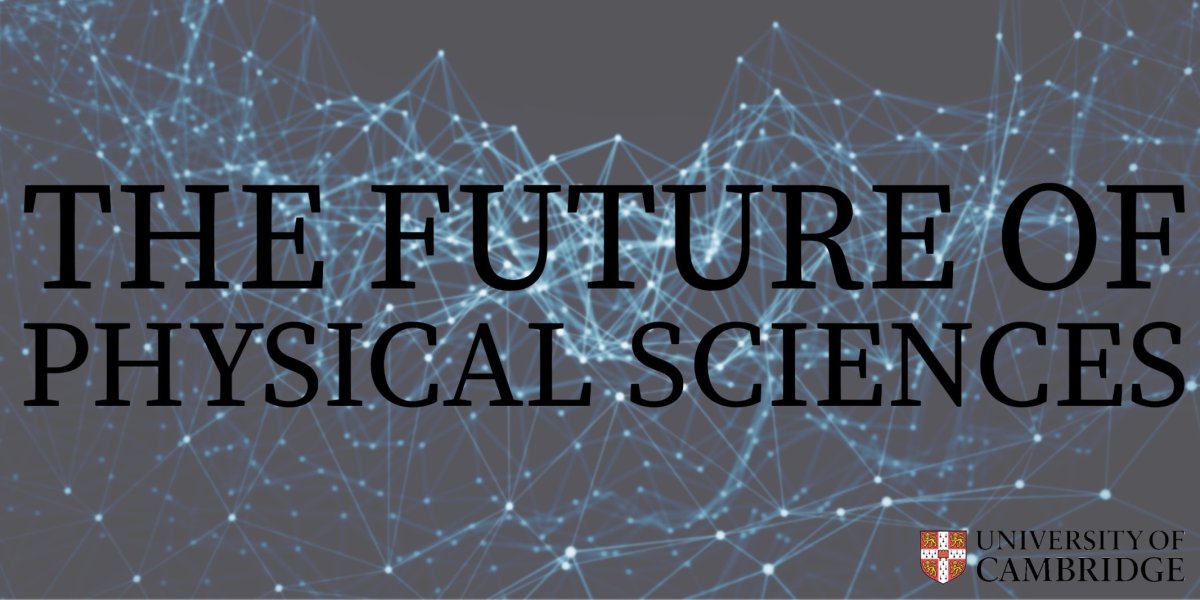The Next-Generation of Energy Storage
The Next-Generation of Energy Storage
Join Professor Siân Dutton, Professor Rachel Evans and Professor Alex Forse for an insight on how Cambridge is creating solutions for a sustainable and resilient energy landscape for generations to come.
The webinar will be chaired by Professor James Keeler, Head of Department, Yusuf Hamied Department of Chemistry.
Speakers
Professor Siân Dutton (Cavendish Laboratory, Department of Physics, University of Cambridge)

Siân Dutton is a Professor of Physics and Solid State Chemistry at the Cavendish Laboratory, University of Cambridge.
Siân was an undergraduate at Jesus College, Cambridge, where she studied Natural Sciences. After a DPhil. In Oxford and working in Princeton she returned to Cambridge as a Winton Advanced Research Fellow. Siân’s interdisciplinary research group explores the relationship between composition, structure and properties in ceramic oxides. Her work explores new materials for next-generation rechargeable batteries and the use of magnetic materials to cool to low temperatures.
Professor Rachel Evans (Department of Materials Science and Metallurgy, University of Cambridge)

Rachel Evans is Professor of Materials Chemistry at the Department of Materials Science and Metallurgy, and Fellow of Jesus College. Rachel's research uses materials chemistry to design functional soft materials (e.g. polymers, surfactants, colloids/nanoparticles, organic-inorganic hybrids) which absorb, produce or respond to light. Such materials are the basis of many cutting-edge technologies, including light-emitting displays, solar cells, optical sensors and bioelectronic devices.
Professor Alex Forse (Yusuf Hamied Department of Chemistry, University of Cambridge)

Professor Alexander Forse (Trinity Hall, 2008) completed both his undergraduate and PhD degrees at the University of Cambridge, where his research focused on the energy storage mechanisms of supercapacitors. In 2016, he moved to the University of California, Berkeley, to work on metal-organic framework materials for carbon dioxide capture.
In 2019, Alexander returned to Cambridge as a group leader and was appointed Professor of Materials Chemistry in October 2024.
In 2020, he was awarded a Future Leaders Fellowship to advance his work on electrochemical carbon dioxide capture—supporting his broader goal of developing materials that mitigate greenhouse gas emissions and address the global climate crisis. That same year, he received the BRSG-NMRDG Prize for excellence in magnetic resonance, a prestigious award recognising significant contributions to the field by an early career researcher.
With support from the Future Leaders Fellowship, Alexander established the Forse Research Group, dedicated to understanding and improving materials that combat global warming. Limiting climate change to 1.5 °C requires the rapid development and deployment of innovative greenhouse gas mitigation technologies. The Forse Group investigates the functional behaviour of advanced materials for carbon dioxide capture and electrochemical energy storage. Their research combines nuclear magnetic resonance (NMR) spectroscopy with synthetic chemistry, electrochemistry, and computational chemistry, forming a multidisciplinary approach to one of the most pressing challenges of our time.
Professor James Keeler (Yusuf Hamied Department of Chemistry, University of Cambridge)

Professor James Keeler is Head of the Yusuf Hamied Department of Chemistry, but many alumni will remember him as Director of Teaching; a post he held for many years. His research primarily focused on NMR spectroscopy, however, in recent years he has dedicated his spare time to writing textbooks such as Atkins' Physical Chemistry which is widely acknowledged to be the textbook of choice for those studying physical chemistry.
Booking information
Booking for this event is now closed.

